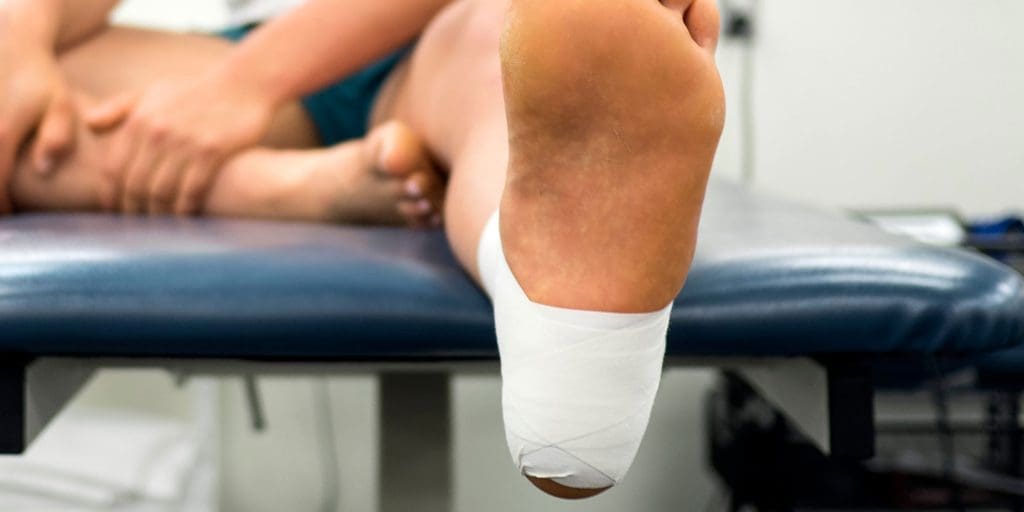Whether you’re an Olympic athlete or a weekend workout warrior, it’s very likely that you’ve grappled with managing a sports injury, strain, a sprain or just plain old pain. According to data from the Centers for Disease Control and Prevention, overexertion which includes too much and/or too strenuous exercise was the second most common cause of injuries between 2004 and 2007, after falls.
You might be tempted to not exercise. But that’s a mistake. When it comes to staying healthy or regaining your well-being if you have a chronic pain condition almost nothing is as helpful as regular physical activity.
And while some injuries result from being in the wrong place at the wrong time (say, your head gets in the way of an oncoming softball), most injuries can be prevented. Simple things such as warming up properly and using the correct gear, like a helmet when biking or shin guards for soccer, can do a lot to keep you safe. And often you can even help rehabilitate an existing injury by exercising and staying active.
“When you’re launching into a brand new physical activity resist the urge to go all-out from the start,”
Below we’ve gathered some sound advice from sports medicine experts to help protect you against an exercise injury, or to bounce back from one.
Managing a Sports Injury Tip 1: Don’t overdo it

“When you’re launching into a brand new physical activity resist the urge to go all-out from the start,” cautions Michael Stehle, co-owner of The Training Room, a personal training and fitness center in Avon By The Sea, New Jersey.
Enthusiasm is great, but if you begin slowly and add intensity as you progress, you’ll train your body to gradually adjust to more stress. Similarly, make sure you use good form throughout your workouts. An incorrect grip on your tennis racket or carelessly lifting weights, especially when you’re tired, are recipes for injury.
Not sure what good form means? Hire a certified personal trainer for a handful of sessions to show you what’s safe and help you with managing a sports injury should it occur.
Managing a Sports Injury Tip 2: Don’t delay medical attention


If you’re injured while exercising or playing a sport, don’t take the grin-and-bear- it approach: See your doctor promptly, or visit the ER if you know it’s serious. Pain is the body’s signal that there is something wrong, explains Danielle Aufiero, M.D., a physical medicine and rehabilitation/ sports medicine specialist at Orthohealing Center.
If you’re experiencing ongoing or intense pain, a visit to a sports medicine doctor should be a priority. A specialist can assess the damage and also create a rehab program to help you bounce back.
Managing a Sports Injury Tip 3: Do keep moving


While a little R&R may be necessary for some sports injuries, many actually benefit from staying active. As long as your doctor has given you the green light, it’s fine to ask a physical or sports therapist to develop an exercise program for you, says Stehle.
In most cases, you can and should still do something. Movement is medicine for the body, Stehle notes. It increases blood and oxygen flow to every tissue and brings healing nutrients to the injured area, which speeds up the restorative process.
How Do You Manage Your Sports Injuries?
Let us know in the comments section.
What topics related to sports and injuries would you like to see us cover next?
Email us at info@painresource.com with your ideas!
Are you on Facebook?




